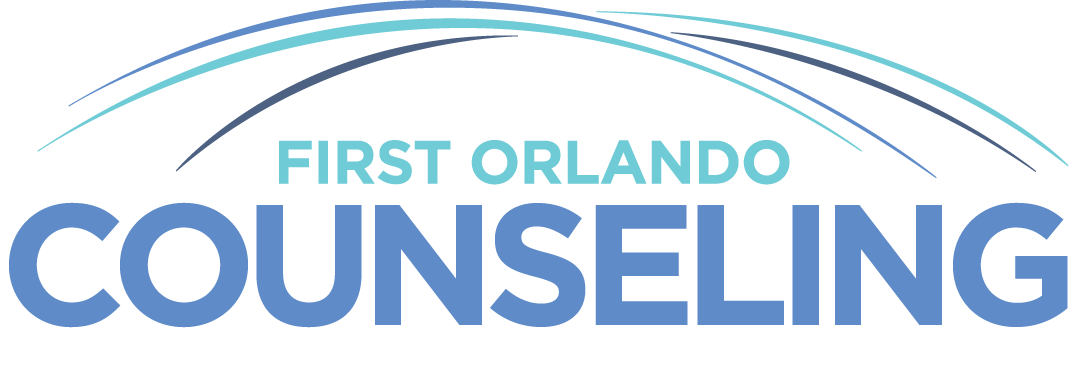Depression
According to the CDC, about 1 in 6 adults experience depression in their lives, which adds up to about 16 million American adults per year.
Depression is different than just feeling sad after a significant life event or disappointment. Depression is a change in the flow of our brain processes and brain chemistry. In this state, our ability to think, feel, move, and even digest our food suffers. Our mind becomes drawn to feelings of failure, loneliness, hopelessness, and self-blame. The combination of enduring changes in mood, perspective, and behavior creates a clear distinction between being depressed and being sad. Sadness is a temporary and adaptive emotional response that resolves itself in time with reflection and social support. Typically, depression includes feeling sad or disinterested most of the day for at least two weeks, as well as some or all of the additional symptoms listed below.
Depression symptoms can include:
Feeling depressed/sad or numb most of the time.
Experiencing symptoms of anxiety, worry, and/or panic
Loss of interest or motivation in doing things that you once enjoyed.
Anger and Irritability
Changes in sleep patterns: trouble sleeping or sleeping too much
Changes in Appetite
Aches and Pains that don’t get better with treatment
Difficulty concentrating or making decisions
Fatigue even if you have slept well
Feelings of guilt, low self-esteem, hopelessness
Use of alcohol or drugs
Thoughts of suicide, death, or self-injury
Possible contributing factors for depression:
Having a family history of depression
Traumatic or stressful events: Financial difficulty, injury, abuse, illness, etc.
Life transitions like moving, job or school changes, relationship changes.
Medical conditions
Some medications may contribute to depression. Consult with your physician if you are concerned that your medications are contributing to depression.
Alcohol or Drug use
What Are the Treatments for Depression?
Treatment can reduce symptoms and shorten the length of depression. Therapy and medication have both shown to be effective in treating depression. Additional studies have shown that the combination of both is beneficial for many.
Therapy
Therapy focuses on thoughts, feelings, and problems that are currently influencing your mood and behavior. Often‚ working to process your past can help when those events are effecting your perspective and choices today. Using this perspective, finding ways to manage what is happening in your present situation, and developing coping strategies can move you towards healing and resilience. In therapy, you develop skills to help you cope with daily challenges, modify behaviors‚, and discover solutions. Speaking openly and honestly about your life is an essential part of getting better.
Some common goals of therapy include:
Health goals
Reducing or eliminating substance use
Developing a better self-image
Managing stress
Processing difficult life events
Identifying things that trigger depressive symptoms
Improving social relationships
Understanding yourself and your responses to others
Learning coping strategies
Medication
Prescribed medication helps many with depression manage their mood and behavior. Consult a psychiatrist or a physician about your specific needs. If you are prescribed any medication‚ ask for details about taking the medication and give them all of your information honestly.
Sometimes results are shown in a few days, but it can take four weeks or more to work fully.
Inform your doctor of any side effects. Side effects often go away as your body adjusts, but make sure to keep your doctor informed.
Don’t stop taking the medication without your doctor’s instruction to do so.
Some medications may cause risks during pregnancy. Inform your doctor about if you are pregnant or may become pregnant
If your depression symptoms get worse or if you have thoughts of harming yourself or others‚ call your doctor right away.
Other Treatments
For some, brain stimulation therapies may be helpful but are often reserved for after first seeking treatment with medication and therapy:
ECT: Electroconvulsive therapy
ECT involves electrical current being passed through the brain to influence the way the brains neurotransmitters operate.
TMS: Transcranial magnetic stimulation
TMS is an intervention where a device placed on your scalp sends short magnetic pulses to stimulate areas of your brain that are associated with mood regulation.
If you are in crisis or having thoughts of harming yourself or committing suicide
Call the National Suicide Prevention Lifeline a 24−hour crisis center or dial 911
1−800−273−TALK (8255)
Text the Crisis Text Line The Crisis Text Line is free, 24/7 support for those in crisis.
Text “Home” to 741741 from anywhere in the US to text with a trained Crisis Counselor.
Contact your mental health provider.
Get help from your physician or other health care provider.
Reach out to a friend, family member, or other social support.
The information provided is not for diagnostic use or a substitute for mental health care. A mental health professional can make a proper assessment of your symptoms and help you recover from depression. If you think you are depressed‚ talk with your doctor or a mental health professional immediately.

